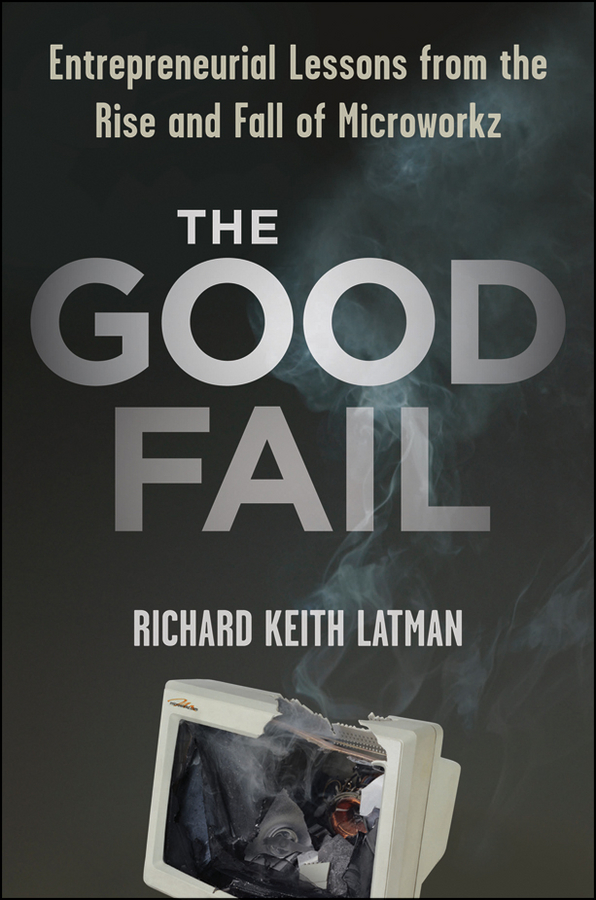
You can learn a lot about failure from a guy who lost 11 jobs in 12 months. Richard Keith Latman, an entrepreneur who also started 11 companies over a 20-year period, documents his stumbles in The Good Fail. I interviewed Latman about his work with local auto retailers, CRM software and what exactly a good fail is. Latman describes it as a failure with a learning value greater than the offset collateral damage. It’s also a failure that one is unlikely to repeat. What a good fail does, according to the book, is to positively shape a person’s managerial style.
Latman comes across a bit radical when he suggests that leaders create an environment where they share stories about their own mistakes. Before I lamented at this “mistake theorizing,” Latman communicated the practical endpoint: that “execution always wins over study and lecture.” A good fail will teach entrepreneurs how to better execute.
What Latman does well in this book is humble himself. It’s evident that Latman has common sense, intellect and is a self-starter. Yet the reader also sees where Latman fails to properly execute his strong points and prepare for success in vertical markets like retail and technology. It sounds counterintuitive, but it’s a practice that will resonate with some up-and-coming entrepreneurs that are encountering their own stumbling blocks right now.
Despite his setbacks, Latman is the current founder of Latman Interactive, a gaming company, and the CEO of iMagicLab, a Maryland-based CRM company for the auto industry. Latman used his experience as an Internet sales manager at a car dealership to develop a CRM solution for auto retailers. “Car dealerships don’t have time for a learning curve,” Latman says. As a result, iMagicLab consultants meet personally with dealership managers to design a CRM system that is congruent to their work and organization style. He plans to expand that model into real estate by the end of this year.
Other key takeaways from the book include:
- Build it, then sell it, favoring an ultraconservative sales approach.
- Surround yourself with hunters, not farmers. Hunters are proactive in their search for information and opportunities. Farmers gather and churn.
- You are your own worst employee. Most people are not experts at what they do, but think they are.
- Accept ‘no’ for an answer, then ask why and learn from it.
- Don’t just worry about failure, worry about success. Make sure you can keep up with supply and demand once your business takes off.
This Post Has 2 Comments
Leave a Reply
You must be logged in to post a comment.

Latman definitely knows how to grab your attention with things like losing 11 jobs in 12 months. That said, is there much substance to this book?
I’d be concerned that he’s just jumped on the bandwagon of fads like the “fail fast” movement that is so popular these days.
The secret, in my opinion, is working hard over years to build a quality product and great relationships with your clients. Failing is not an option!
Having failed myself at many business endeavors, and then pouring all that “learning” into my most recent success (an inn and restaurant on Cape Cod) – I look forward to reading this well-named book! Great mention in the NYTimes Youre the Boss blog — that’s how I found you! –Beth at the Woods Hole Inn